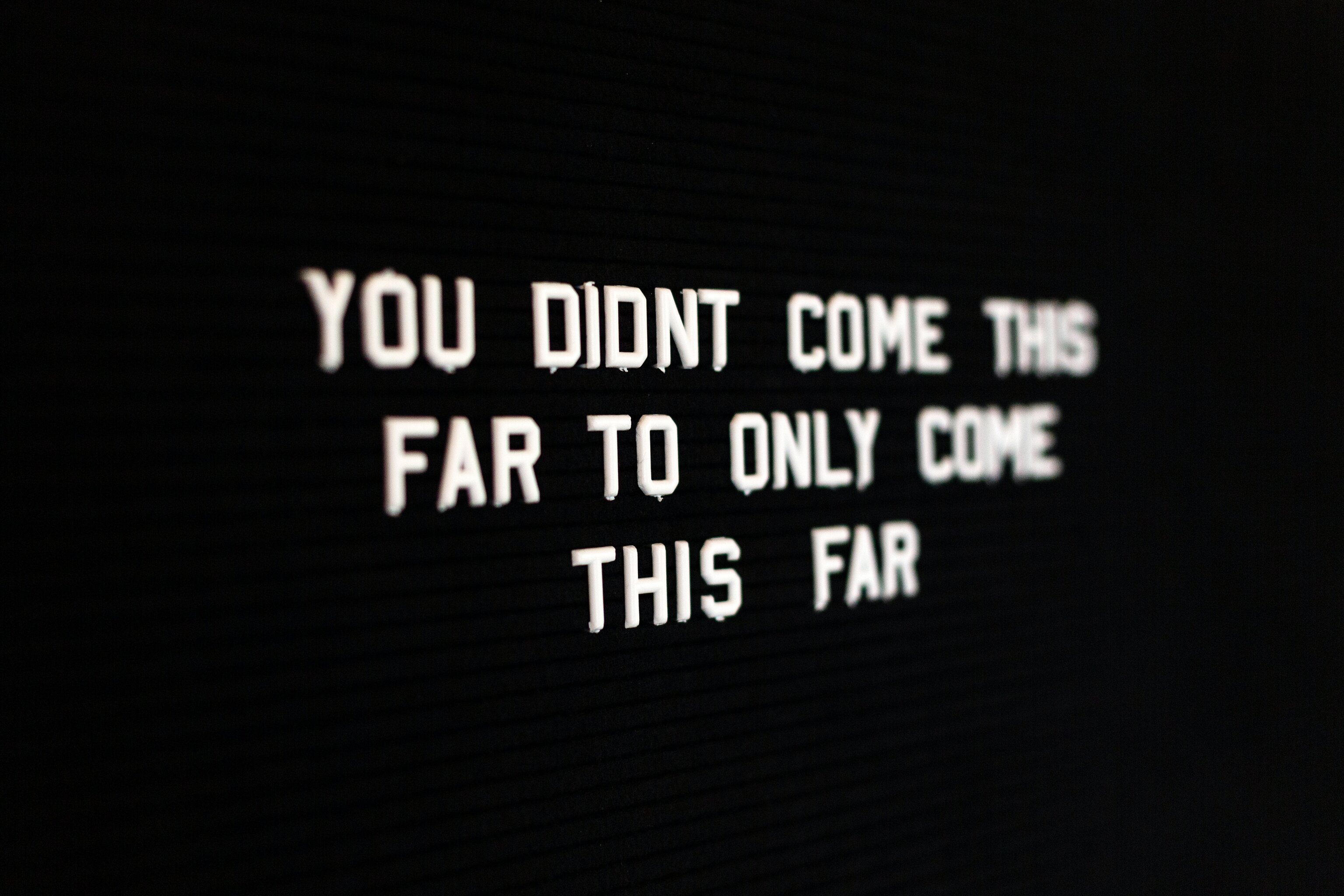
When it comes to achieving and maintaining a healthy weight, the relationship between calories consumed and calories burned through exercise plays a crucial role. Calorie counting has long been a popular method for managing weight, and although it is a relatively simple concept, there are still questions raised when embarking on the journey for the first time. I’ve recently just set out my weight goals for 2023, and after much deliberation, I have chosen to use calorie counting as the method to lose weight. I’m having great success so far, but one question that cropped up for me was: When counting calories, do I subtract exercise? Upon researching this, it appears that this is actually a common question that arises with many people asking whether or not exercise calories should be subtracted from their daily caloric intake.

What Even Are Calories?
Before we delve into the intricacies of calorie counting and exercise, let’s first establish a basic understanding of what calories are. Without this knowledge, the whole concept makes little sense to be quite honest! A calorie is a unit of energy. In the context of nutrition, calories refer to the energy obtained from food and beverages that we consume. Each macronutrient—carbohydrates, proteins, and fats—provides a different number of calories per gram.

We don’t need to delve too much into the science but essentially your body needs a certain number of calories each day to survive. Think of calories like fuel in your car. Breathing, moving and pumping blood around the body all require calories. Your body uses the calories from the food you consume to power the body. If you consume less calories than the body needs it has to take stored fat and use that as energy as a replacement. This is often referred to as eating in a calorie deficit and continually doing this should result in weight loss. If you eat more calories than the body needs to function then that additional energy is stored in the body as fat to be used later. If you continue to eat more calories than needed that will result in weight gain.

When Counting Calories, Do I Subtract Exercise?
When someone is using calorie counting to lose weight then they will usually eat between 300-500 calories below their maintenance calorie amount, so they are eating in a calorie deficit. It’s important that you eat enough calories and don’t try to reduce your calorie intake too much. As always, before undertaking any kind of weight loss journey it is always best to reach out to a healthcare professional for support so they can best advise on your individual health needs.
Once you have worked out your maintenance calories and decided on your calorie deficit, you know exactly how much you can eat whilst still staying on track to lose weight. When we exercise, we, of course, burn an additional amount of calories over and above what our body needs to survive, which means that potentially it will have to delve further into those fat stores. This does highlight the question, though: when counting calories, do I subtract exercise? If you’ve burnt additional calories does this give you the freedom to eat those additional calories and still lose weight?

The answer really isn’t a simple yes or no, unfortunately. While it may seem logical to deduct the calories burned through exercise from your daily caloric intake, it’s not always the most accurate approach. Subtracting exercise calories can lead to potential pitfalls, as calorie burn estimates can be notoriously unreliable.
Understanding the Inaccuracy of Calorie Burn Estimates
Calorie burn estimates provided by exercise machines, fitness trackers, or online calculators are often imprecise. Some are not even in the same ballpark. These estimates are typically based on general formulas that don’t take into account individual variations in metabolism, body composition, or exercise intensity. More often than not, these estimates tend to overestimate the number of calories burned, leading to a potential overcompensation when subtracting exercise calories from your daily intake. It really isn’t uncommon for machinery to tell you that you’ve burnt over a thousand calories when in reality, it would be closer to 300-400. Think about it – how does the machine know how hard your body is working, your weight, your fitness etc? As a result, these figures should be used as a guide only and not relied upon.

The Importance of Considering Energy Expenditure
Rather than subtracting exercise calories, it is essential to consider the increased energy expenditure resulting from physical activity. Regular exercise boosts your metabolism, increases muscle mass, and improves overall fitness. This elevated energy expenditure should be factored into your overall caloric needs, which means you should consume enough calories to fuel your body adequately.
Finding the Right Balance: Tracking and Adjusting
To strike the right balance between calories consumed and exercise, it’s crucial to track both your food intake (calorie counting apps are great for this) and your physical activity accurately. By diligently recording what you eat and the duration and intensity of your exercise, you can assess the overall impact on your weight and well-being. Keep in mind that everyone’s caloric needs are different, and it may take some trial and error to find the optimal balance for your body.

In Conclusion
So, when counting calories, do I subtract exercise? My answer is no. Subtracting exercise calories from your daily intake is not the most reliable or accurate approach. Instead, it is advisable to consider the increased energy expenditure resulting from physical activity. Balancing your caloric intake with exercise is essential for achieving and maintaining a healthy weight. Keep track of both your food intake and your exercise output, and adjust your calories to meet the needs of your body. Remember the goal is always health first and the calorie number isn’t the only thing we should be taking into consideration.
If you want further support and company on your weight loss journey, join my free Facebook Group here. If you have found this website and articles useful and you’d like to know how you can say thank you then I am always appreciative to receive a virtual coffee here.
You may also like:
The Best Fruits & Vegetables For Weight Loss
Eight-Week Weight Loss Challenge
Delicious and Healthy Pasta Alternatives for Calorie-Conscious Foodies
Thank you for stopping by! Check out my last post here.
Love as always!

 More From Me
More From Me
Want to find out more about me? Head over to this page. If you like reading posts like this then you might want to follow me over on Bloglovin. Don’t forget you can find me on Instagram, Facebook, Twitter & YouTube.
As always words, views and opinions are honest and my own. Links marked with “*” are affiliate links. This does not cost you anything additional but it may mean I earn a small percentage from any sales. For more information about any of this please head over to this page.
